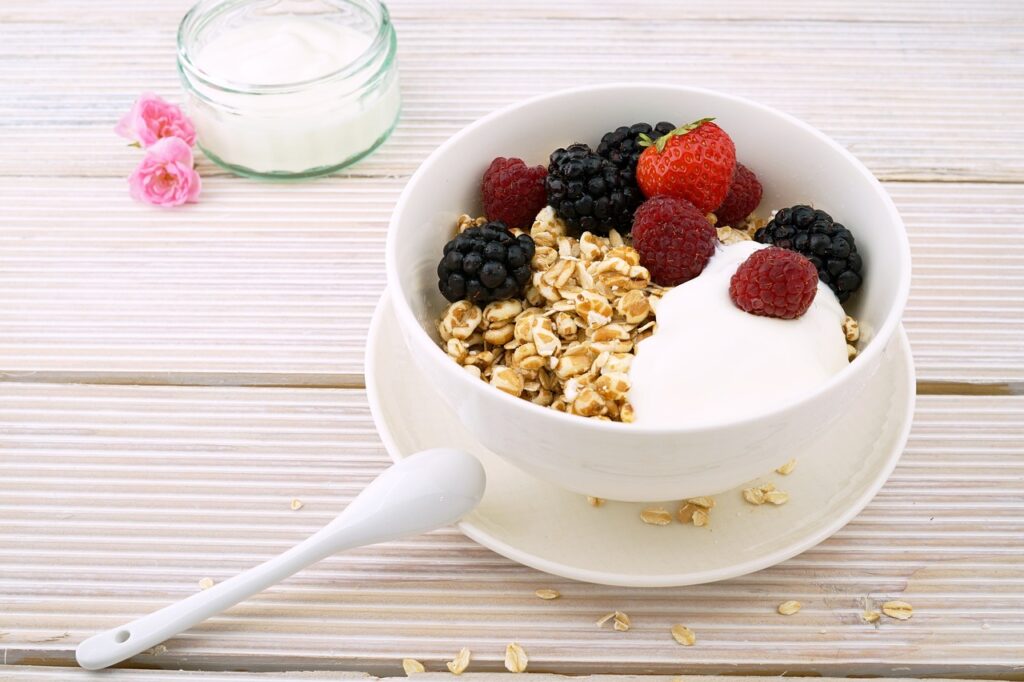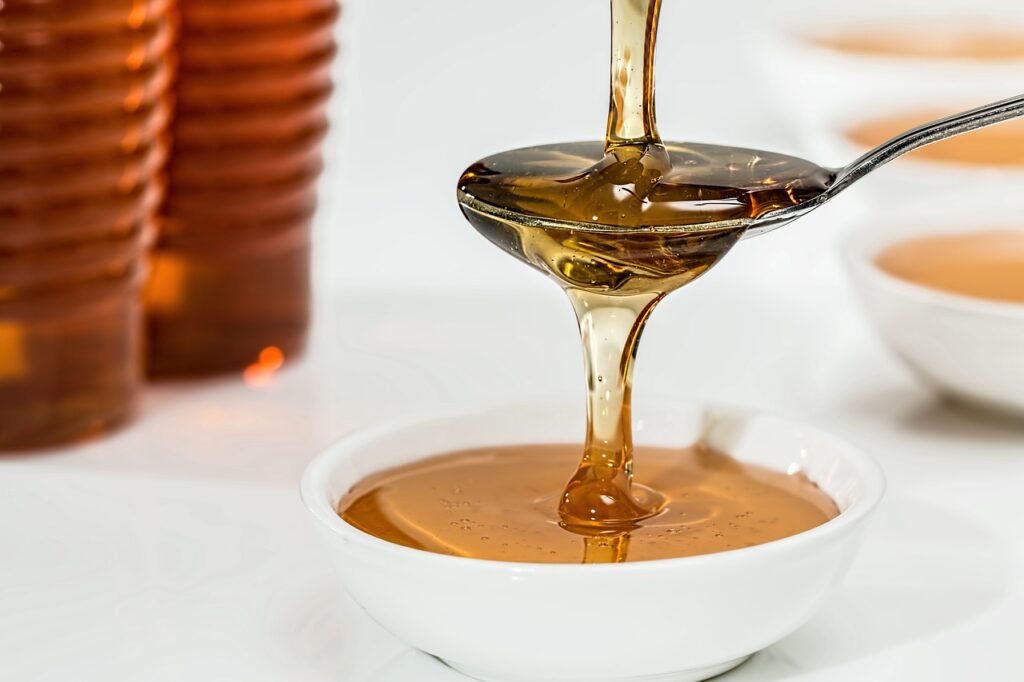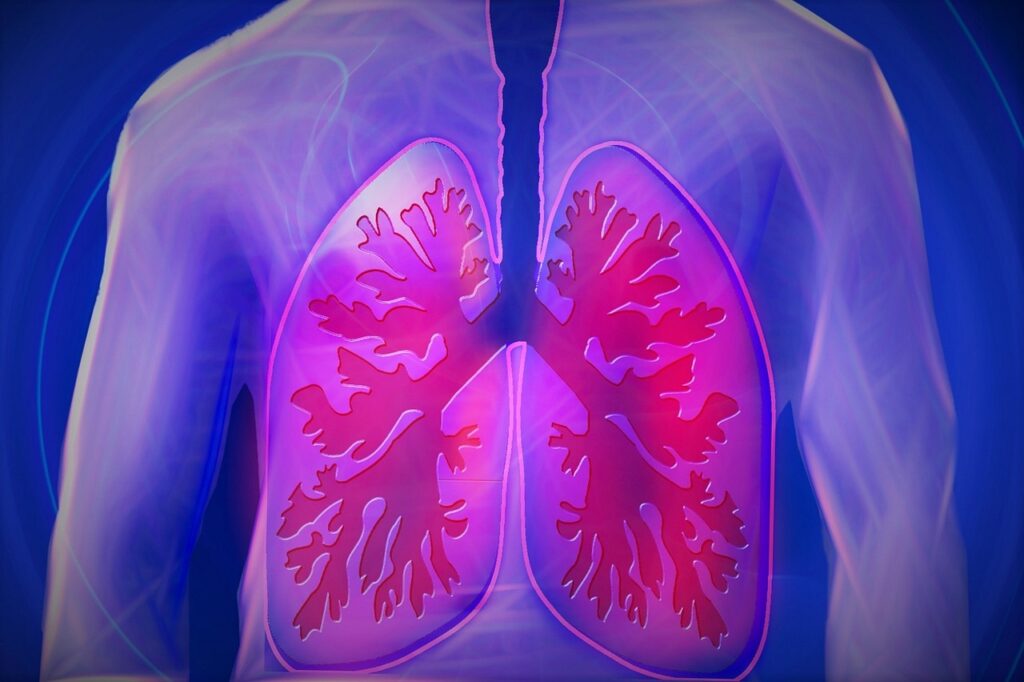
Balancing fitness with the demands of motherhood can pose a significant challenge for stay-at-home moms. Given their constraints in time, resources, and energy, they must opt for workout regimens that are efficient, accessible, and flexible enough to fit into their daily schedules. This piece will delve into different exercise suggestions tailored for stay-at-home moms to support their physical fitness and holistic wellness.
In this article, we will delve into a range of workout suggestions tailored for stay-at-home moms, enabling them to uphold their physical well-being and overall health.
- Bodyweight Exercises: Body Weight Exercises Recommend Pump it up with full body strength training routines that can be performed at home without any equipment. All of these durable can be done from home at your residence in tight spaces Bodyweight exercises you might want to include are squats, lunges, push-ups and planks (from all angles) or Piyo style moves like burpees. By blending these exercises, you can create a circuit for the perfect full-body workout.
- Yoga or Pilates: Low-impact workouts like yoga and Pilates, targeting strength, flexibility, and mindfulness. Moms who are at home can also check in many online platforms, which have a guided yoga or Pilates class suitable for all levels. Working on these lifts can improve your posture, de-stress you, and overall make a person feel wonderful.
- High-Intensity Interval Training (HIIT): Being short and great at burning calories and enhancing cardiovascular well-being HIIT workouts are a perfect choice for mothers who remain indoors with children. HIIT involves alternation between periods of high energy expenditure and brief breaks. This therefore becomes a viable option for women in motherhood looking for how they can live healthy lives. Besides, being available online in several versions HIIT workout plans for moms are those that require little time investment but promise good outcomes.
- Dance Workouts: To have fun, burn calories, enjoy yourself while at home, and improve your health, you can consider dancing. Zumba, ballet-in, spired workouts, or hip-hop dance are some popular options for major video dance workouts. You can protect against depression and improve the quality of life by moving your body especially when you are still young because it can make you feel high-spirited.
- Outdoor Activities with Kids: Integrating outdoor exercises that involve your children during exercise time can be enjoyable for all and may lead to desirable results for every party engaged. When you go out bicycling, playing tag, going hiking or may be taking a walk together can help you to become physically active and also enjoy the company of your kids.
- Online Fitness Classes: Virtual-based fitness classes have surged in popularity in recent years meaning that many home-bound mothers now have at their disposal an array of exercise choices just from inside the confines of their houses. In the virtual space, numerous instructors provide either live-streamed or recorded sessions over different genres including cardio workouts, powerlifting sessions, yoga tutorials as well as dance tutorials among other things. The major reason people join these online classes today is because it’s a way they can get someone else to push them while at the same time being answerable for ensuring regular training.
In conclusion, staying active as a stay-at-home mom is not only beneficial for your physical health but also essential for your mental well-being. By incorporating these workout ideas into your daily schedule, you can prioritize self-care and set a positive example for your family when it comes to leading a healthy lifestyle.









